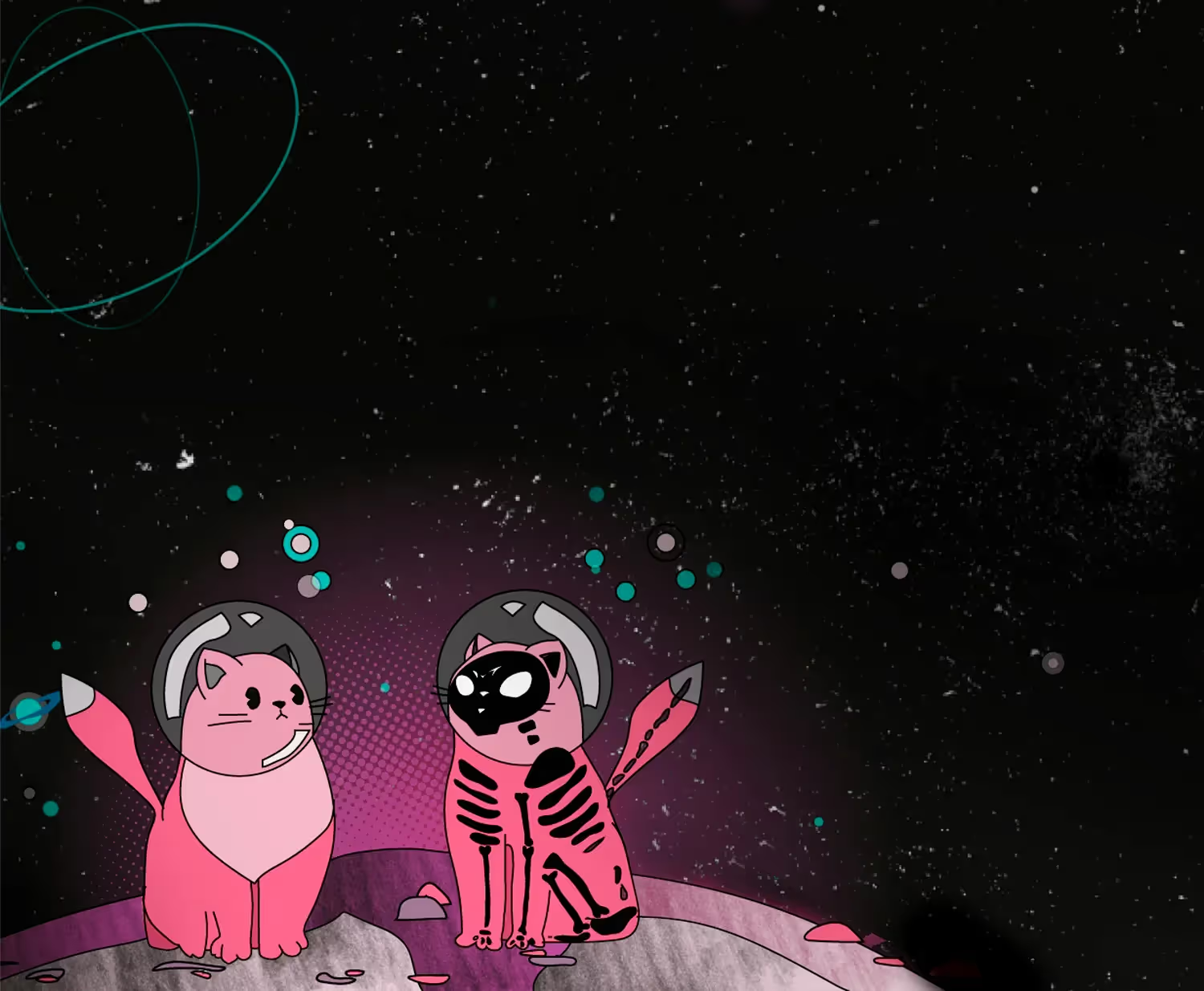Maybe it's tied to our survival instincts. The need to have the right answer so that we can actually make a decision and then move on to the next thing. However this need to have an answer, let alone the right answer, really limits creativity in our own potential. We're so focused on getting to this singular place that we lose sight of the fact that there's so much opportunity that exists.
There was a thought experiment recently when I was trying to explain the idea of the creative question to somebody. Think of it almost like a creative brief; like a statement that's asked as a question. The idea is that when you come up with a good creative question that it's on the way to answering that question that we come up with a great solution.
Whereas in most conversations, in meetings and everywhere else we find that when people are tackling a big problem, they are trying to work towards a solution. They're trying to work towards a specific destination. What a creative question does is it forces us to keep asking the question over and over again. Many solutions might come up and then over time we arrive at something that makes sense.
I always had difficulty articulating this until I had an opportunity recently to talk about "Schrodinger's Cat". Schrodinger was this physicist who obviously had an interesting way of articulating his problems. He came up with this sort of paradox. For him this paradox was to explain quantum probabilities. He described a situation where we have a box, a cat, and a poisoned vial. If we placed the cat inside the box with this poisoned vial and closed the box; there's a 50% chance that the vial is going to open and release the poisonous gas and the cat's going to die (keep in mind the box is closed).
Schrödinger stated that if you place a cat and something that could kill the cat (a radioactive atom) in a box and sealed it, you would not know if the cat was dead or alive until you opened the box, so that until the box was opened, the cat was (in a sense) both "dead and alive".
What Schrodinger was trying to say was that as long as the box is closed, the cat is both alive and dead. The cat exists in both states. That's referred to as a quantum superposition.
Basically a quantum superposition describes an element that is able to exist in multiple states. So when we're developing a creative question, what we're actually trying to do is create a situation and an environment in a conversation where we exist as a quantum superposition. That is the opposite of trying to get to an answer quickly. When you look at an answer, it's actually a limitation. If you've got a solution; that kind of sucks because now you're limited to one potential option. So for example, "Schrodinger's Cat" if we were to open the box, that's a limiter. There was a point in time where the cat was existing in multiple states, now you opened the box, you've measured, and now the cat only exists in one state and will only continue to exist in one state.
The principle of quantum superposition states that if a physical system may be in one of many configurations—arrangements of particles or fields—then the most general state is a combination of all of these possibilities, where the amount in each configuration is specified by a complex number.
So if we exist as a quantum superposition with this creative question, what a question allows us to do is to actually embody all the possibilities that exist. Up until the point that you make the decision. It isn't about being indecisive. It isn't about being hesitant. It's that, for the entire time before you make that decision, you actually exist as a universe of possibilities. So you are in this quantum superposition and actually you embodied the whole universe because it's a universe of options, the universe of possibilities.
Once that decision is made and you move forward, you're limiting all of those multiple infinite possibilities down to one and now you move forward. In understanding creative problems and then trying to come up with creative solutions, so often the focus tends to be on landing on the right answer as fast as possible. Sure, there are some advantages to that; but I think what people often lose sight of is that if you can come up with a powerful question for yourself, and then spend all your time and energy trying to answer that question really well; then you're going to arrive at directions, solutions, ideas, opportunities and possibilities that you might not even encounter otherwise. However when you start off attempting to just land on one solution, you've already limited the opportunity for possibility before you even started.

